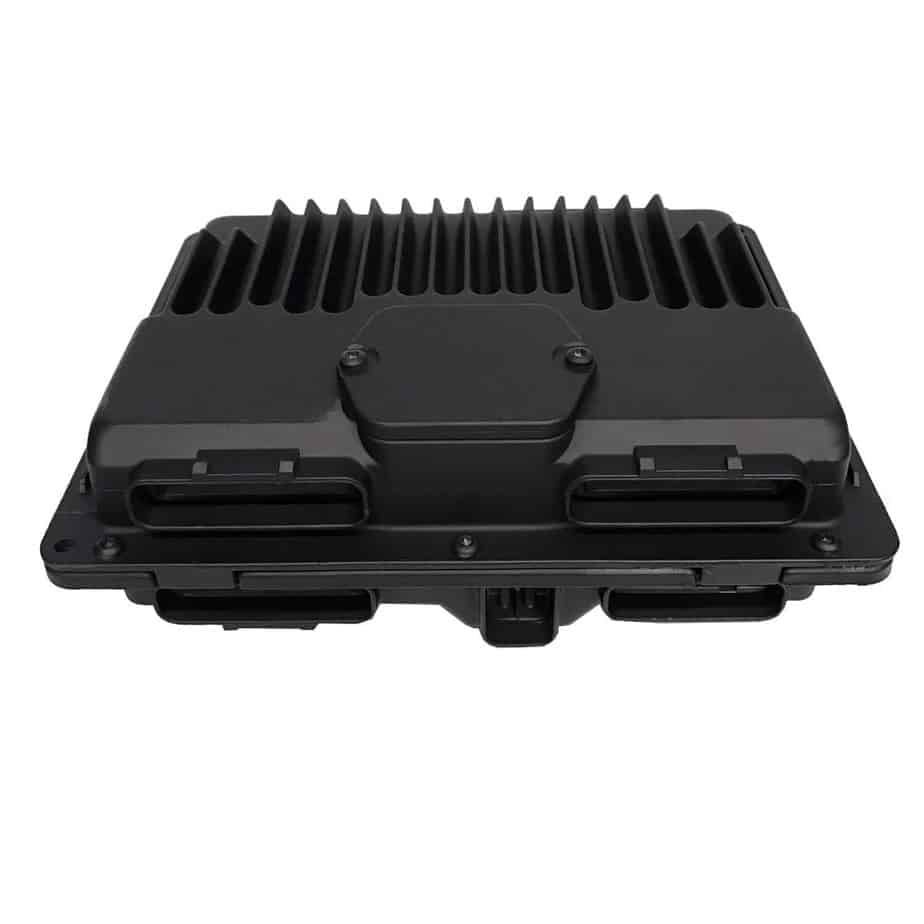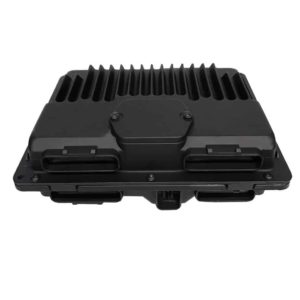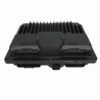Is Your Chevy 3500 Running Rough or Refusing to Start?
For a workhorse like the 1998-1999 Chevrolet 3500, reliability isn’t just a feature—it’s a necessity. When the Powertrain Control Module (PCM), the electronic brain of your engine and transmission, starts to fail, it can bring your work to a grinding halt. You might be experiencing a range of frustrating issues, from a persistent Check Engine Light to symptoms that are much harder to pin down.
Common Symptoms of a Failing PCM in Your Truck
Over my 20+ years turning wrenches and diagnosing these exact trucks, I’ve seen firsthand how a faulty PCM can mimic a dozen other problems. If your Chevy 3500 is showing any of these signs, the PCM is a likely culprit:
- ✔ Unexplained Check Engine Light that won’t clear or points to multiple, unrelated sensor failures.
- ✔ Harsh, erratic, or delayed transmission shifting, especially with the 4L80E transmission these trucks use.
- ✔ A sudden no-start condition where the engine cranks but won’t fire up.
- ✔ Stalling, stumbling, or a significant loss of power while driving, particularly under load.
- ✔ Poor fuel economy that can’t be explained by driving habits or other maintenance issues.
- ✔ Inability for a scan tool to communicate with the module, a dead giveaway of internal failure.
From the Shop Floor: A Real-World Diagnostic Story
“A customer’s ’99 Chevy 3500 came in last week with these exact symptoms. It was a landscaper’s truck, and he was losing money every day it was down. It would start fine cold, but after about 20 minutes of driving, it would stall at a stoplight and refuse to restart for an hour. He’d already replaced the fuel pump and ignition control module. We hooked up our diagnostic scanner and saw the PCM data stream would just drop out completely when it got warm. Heat soak was causing an internal solder joint to fail inside the original module—a classic failure on these units. A replacement PCM, programmed correctly, had him back on the road the next day.”
The Direct-Fit, Programmed Solution
This isn’t just a generic part off a shelf. This is a direct replacement Powertrain Control Module for your 1998-1999 Chevrolet 3500, and it solves the biggest headache of PCM replacement: the programming. In the old days, you’d install the module only to have your truck towed to a dealership for an expensive flashing procedure. We eliminate that step entirely.
When you purchase this module, you simply provide us with your vehicle’s 17-digit VIN. Our technicians will then program the PCM with the latest official GM software calibration specific to your truck’s exact build. This ensures seamless communication between the engine, transmission, anti-lock brakes, and security system.
Why VIN Programming is Critical
- ✔ Guaranteed Compatibility: The VIN tells us everything—engine size, transmission type, and emissions equipment—ensuring the software is a perfect match.
- ✔ Plug & Play Installation: Once you receive the module, installation is straightforward. There’s no need for specialized scan tools or a trip to the dealer. In most cases, you will not need to perform any additional security relearn procedures.
- ✔ Restored Performance: This process restores the original factory settings for fuel delivery, ignition timing, and transmission shift points, bringing your truck’s performance and efficiency back to where it should be.
- ✔ Cross-Reference Ready: This module, service number 09355699, is a direct replacement for several original part numbers, including 16250279 and 09366810. We ensure the programming matches what your truck needs, regardless of the number on your old part.
Installation is a DIY-Friendly Job
For most of these GM trucks and vans, the PCM is located in the engine bay on the driver’s side, often near the battery or on the inner fender. The process is as simple as disconnecting the battery, carefully unplugging the large wiring harnesses from the old module, unbolting it, and installing the new one in its place. Reconnect the harnesses and the battery, and you’re ready to turn the key. Get your dependable workhorse back in service with a solution that’s built to last and programmed for performance.


